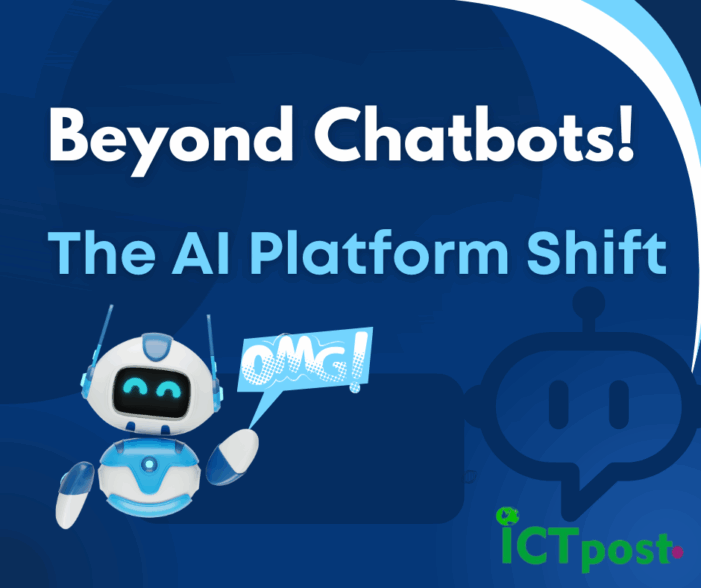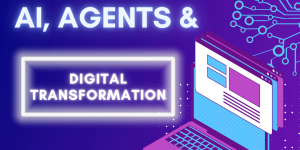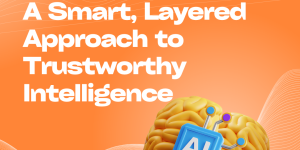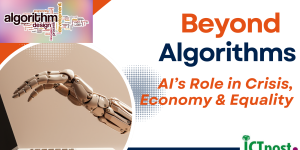From Chatbots to Creation Engines: The Future of AI Unveiled
ICTpost Research Desk
June 2, 2025 | 12:21 PM IST | New Delhi, India
Artificial Intelligence (AI) is no longer just about chatbots or conversational tools. While platforms like ChatGPT and Gemini have popularized AI for the public, the real impact of AI is quietly transforming a wide range of industries—from healthcare and law to software development and creative media.
Today, AI-powered code editors like GitHub Copilot assist developers by writing and suggesting code, while AI assistants help doctors make diagnoses and enterprises automate complex workflows. New creative tools are rapidly evolving, enabling video and image generation at unprecedented scales and speeds. This is just the beginning of a vast and expanding AI product universe.
What’s the Next Big AI Business?
Many are chasing the elusive “next big AI business.” But this might not be the right question. Instead of looking for the next unicorn, the real challenge lies in identifying what users are already adopting and loving. Sustainable business value grows slowly and steadily through deep user engagement and solving practical problems.
Example: Google’s Gmail began as a small internal experiment and evolved into an indispensable productivity suite, now generating billions in revenue through Google Workspace and cloud services. This growth exemplifies how innovation compounds over time rather than exploding overnight.
Investing with a Long Horizon
The debate over returns on massive AI investments—particularly in cloud infrastructure, data centers, and foundational AI research—is ongoing. Yet history teaches us that many of the tech world’s most profitable ventures started modestly.
A recent report by McKinsey estimates that AI could potentially add $13 trillion to the global economy by 2030, but this will come from a gradual accumulation of capabilities and adoption rather than an instant breakthrough.
Autonomous driving technologies, for instance, faced skepticism years ago. But companies like Tesla and Waymo have invested heavily during the quiet phases, and now we see the beginnings of commercial deployments and regulatory approvals.
The Next 3–5 Years: A Platform Shift in Motion
The next half-decade promises to bring a seismic shift—not only in software capabilities but in human-machine interaction. This goes beyond automation and chatbots. It’s a platform shift on the scale of the internet or smartphones.
AI is unlocking new modes of creation. From “vibe coding” tools like Replit’s Ghostwriter to AI-generated films like “Zone Out” (the first fully AI-assisted short film), and specialized assistants for educators, doctors, and developers, a new wave of applications is emerging.
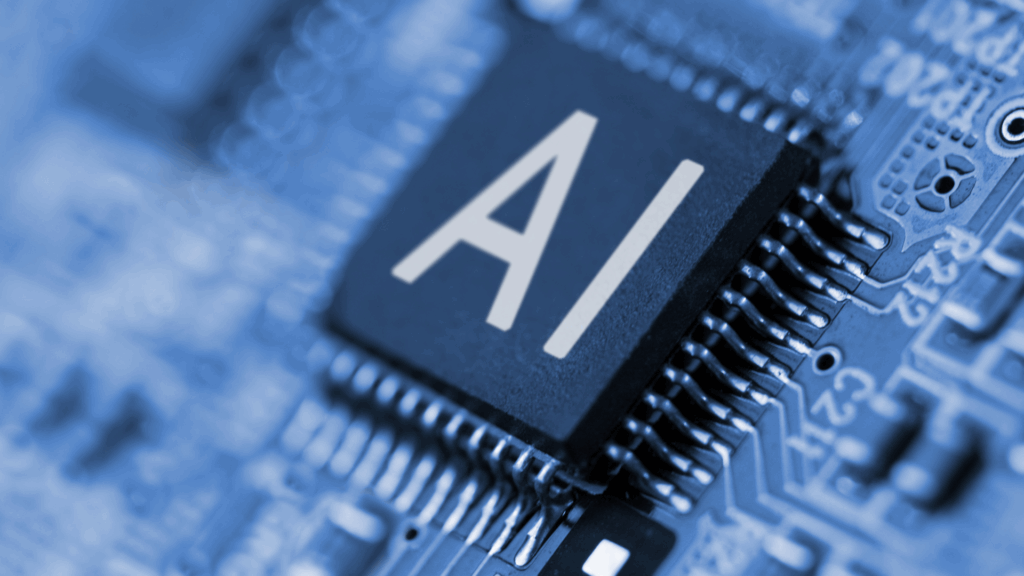
The Unique Self-Improving Nature of AI
Unlike previous platform shifts—like mobile computing, which depended largely on human-driven development—AI has the unique ability to accelerate its own evolution. Models improve by training on vast datasets, generating new tools, and iterating faster and cheaper than before.
This self-improving aspect means entire industries could emerge at unprecedented speeds.
AI Assistants Becoming Essential
AI-powered personal assistants are moving from novelty to necessity. Tools that organize workflows, answer questions, generate content, and provide real-time translation are already demonstrating tangible value.
Subscription models for AI products like Jasper (AI content creation) and Notion AI (productivity enhancement) reflect consumer willingness to pay for AI that improves daily life.
Enterprise AI solutions are also booming, with Gartner forecasting the AI software market to exceed $62 billion by 2025 (Gartner, 2023).
Augmented Reality (AR): The Next Form Factor
AI’s future is particularly striking in Augmented Reality (AR). Smart glasses from companies like Meta (formerly Facebook) and Microsoft’s HoloLens 2 promise an always-on AI assistant embedded in the user’s field of view.
Unlike earlier, bulky AR attempts, today’s advances in hardware and AI are converging for practical and stylish solutions. Meta’s Quest Pro and developer kits are already in circulation, with consumer-ready models expected soon.
The potential impact is profound—similar to how smartphones revolutionized mobile computing, AI-powered AR could reshape real-world interactions visually and contextually.
Rethinking Devices: Legacy or Evolution?
While some speculate that smartphones and laptops may become “legacy platforms,” their importance remains for now. Many AI tools still perform best on large screens or full browsers.
The future of computing will involve a constellation of access points—phones, tablets, glasses, voice assistants—working seamlessly. AI will erase friction between different content formats—text, video, audio, and interactive apps—making computing truly multimodal.
The Web Is Alive—and Thriving
Contrary to predictions of its decline, the web is expanding. In the last two years, indexed web pages have increased by 45% (Internet Archive, 2024).
AI is accelerating the shift toward cross-platform, cross-format content. Creators now produce videos, newsletters, apps, and podcasts, often automatically transforming one format into another. AI tools can turn written documents into podcasts or videos in minutes, a process that once took entire teams weeks to complete. This Zero-friction content creation and distribution is changing the economics of media.
A Moment of Opportunity
If the internet era gave rise to giants like Google, Facebook, and Amazon, the AI era promises to birth a new generation of platforms and products that don’t yet exist.
This platform shift is historic. The leaders will be those who not only understand AI technology but also deliver real, everyday value to users. The future won’t belong to those chasing headlines—it will belong to those who build tools people truly love.
ICTpost will continue to decode this AI revolution and bring you insights to help you navigate and succeed in this expanding AI product universe. editor@ictpost.com


